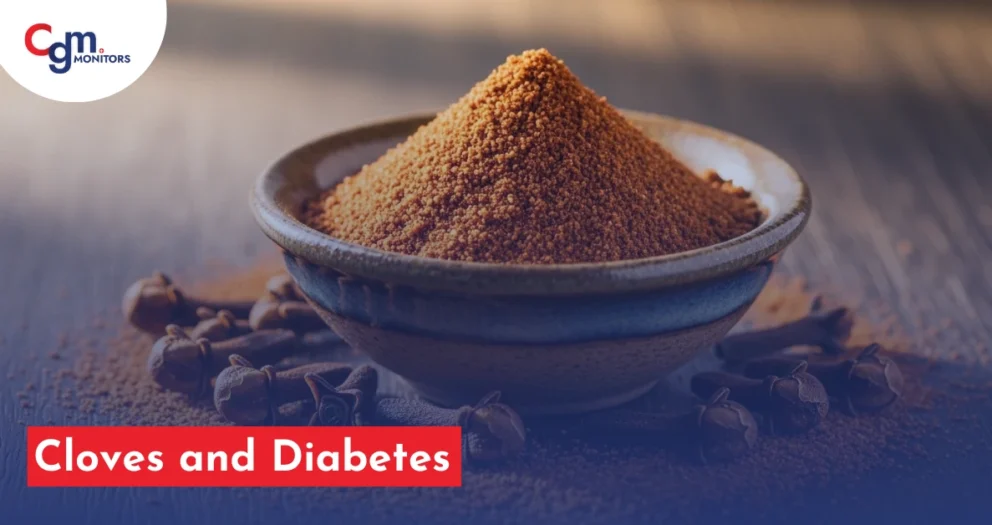Table of content
Citrus fruits, known for their vibrant flavors and high vitamin C content, are a staple in many diets. For individuals managing diabetes, these fruits can be a healthy choice when consumed in moderation. Here’s a closer look at how citrus fruits and diabetes can fit into a diet and their potential benefits for blood sugar management.
Nutritional Profile of Citrus Fruits
Citrus fruits, including oranges, lemons, limes, and grapefruits, are rich in several key nutrients:
- Vitamin C: Essential for immune function and skin health.
- Fiber: Helps slow down the absorption of sugar and promotes digestive health.
- Antioxidants: Protect cells from damage and may reduce inflammation.
Benefits of Citrus Fruits and Diabetes Management
Low Glycemic Index (GI):
Most citrus fruits and diabetes have a low glycemic index, meaning they have a minimal impact on blood sugar levels. The low GI helps prevent spikes in blood glucose, making citrus fruits and diabetes a suitable choice for people with diabetes.
High Fiber Content:
Citrus fruits are a good source of dietary fiber, which can aid in managing blood sugar levels. Fiber slows the digestion and absorption of carbohydrates, leading to more gradual increases in blood glucose levels.
Rich in Antioxidants:
The antioxidants in citrus fruits and diabetes, such as flavonoids and vitamin C, can help reduce oxidative stress and inflammation. Managing inflammation is important for overall health and may support better blood sugar control.
Hydration:
Citrus fruits and diabetes have high water content, which can help keep you hydrated. Proper hydration is essential for maintaining healthy blood sugar levels and overall well-being.
Incorporating Citrus Fruits into a Diabetes-Friendly Diet
Choose Whole Fruits Over Juice:
Whole citrus fruits and diabetes are preferable to fruit juices because they contain more fiber and fewer added sugars. Eating whole fruits helps you benefit from the fiber content and minimizes the risk of a rapid blood sugar spike.
Watch Portion Sizes:
While citrus fruits are generally low in sugar, portion control is key. Eating large quantities can still impact blood sugar levels. A reasonable portion size is typically one medium fruit or half a grapefruit.
Pair with Protein or Healthy Fats:
Combining citrus fruits with protein or healthy fats can help stabilize blood sugar levels. For example, enjoy an orange with a handful of nuts or a slice of avocado on whole-grain toast.
Monitor Blood Sugar Levels:
As with any food, it’s important to monitor your blood sugar levels to see how citrus fruits and diabetes affect you personally. Individual responses can vary, so tracking your levels can help you make informed choices.
Potential Considerations
Acidity:
Citrus fruits are acidic and may cause discomfort for individuals with sensitive stomachs or acid reflux. If this is a concern, opt for less acidic varieties like sweet oranges and limit intake.
Medication Interactions:
Grapefruit can interact with certain medications, such as statins and some blood pressure drugs. If you’re on medication, consult your healthcare provider to ensure that grapefruit consumption is safe for you.
Conclusion
Citrus fruits can be a delicious and nutritious part of a diabetes-friendly diet when enjoyed in moderation. Their low glycemic index, high fiber content, and antioxidant properties make them a smart choice for managing blood sugar levels and supporting overall health. As always, it’s important to incorporate them into a balanced diet and monitor your individual blood sugar response.
If you have any questions or tips about including citrus fruits and diabetes friendly diet, feel free to share in the comments below. Here’s to a healthy and flavorful approach to diabetes management!













Write a comment
Your email address will not be published. All fields are required